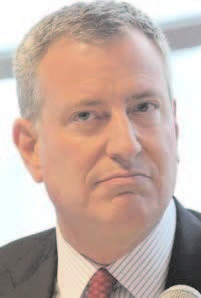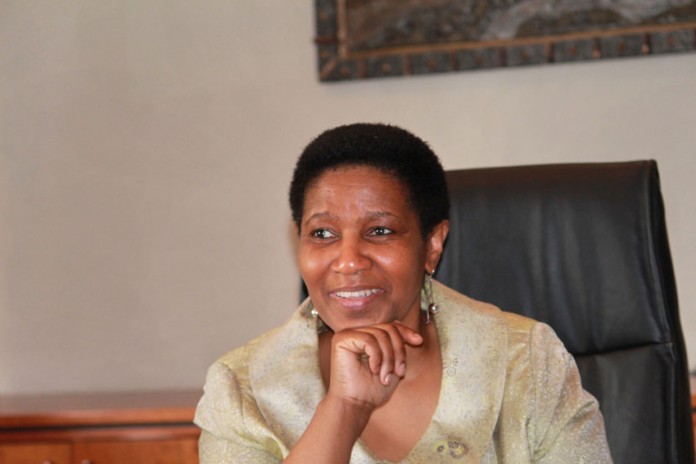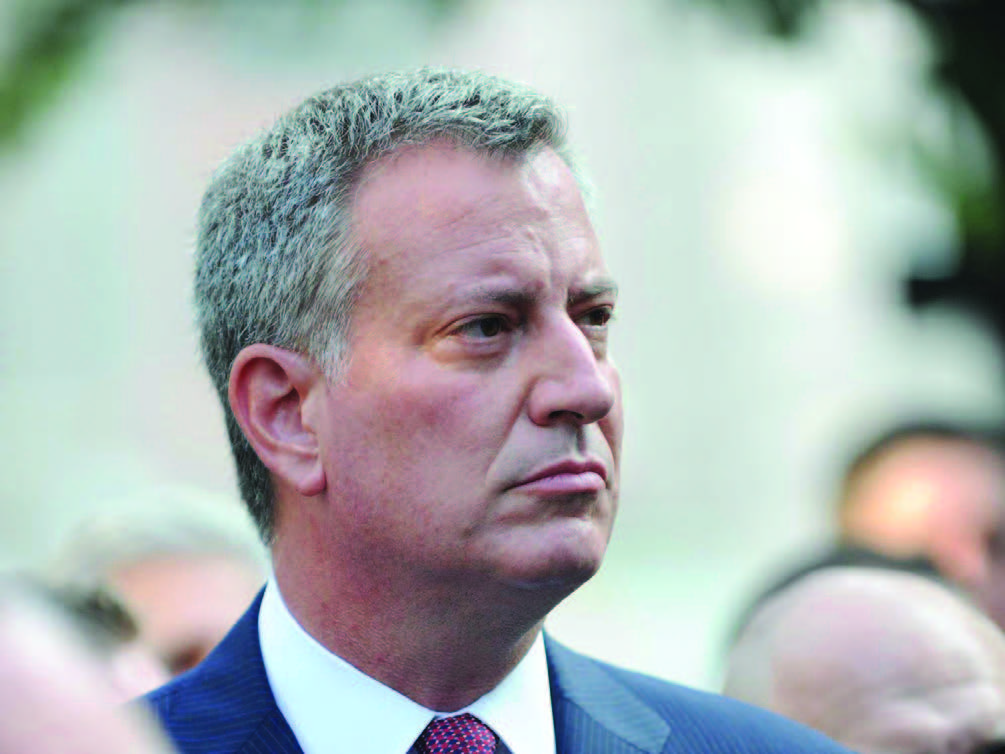
NEW YORK CITY (TIP): Mayor Bill de Blasio announced on Thursday, June 18, that he will close large parts of New York City’s two most celebrated parks to car traffic on weekdays.
The closings in Central Park and Prospect Park, which pedestrian advocates have been seeking for decades, will banish cars from sections of the verdant thoroughfares that wind along the edges of both parks.
Mr. de Blasio, speaking at a news conference in Prospect Park, where he said his children played little league, called the restrictions a step toward “returning our parks to the people.”
“We’re creating safe zones for kids to play in, for bikers, for joggers, for everyone to know that they will be safer and they can enjoy the park in peace,” he said.
The mayor’s office said the changes were made only after traffic studies showed they would not exacerbate travel times or congestion in Midtown Manhattan, near Central Park, or in Brooklyn neighborhoods near Prospect Park. The change in Central Park will take effect on June 29, and in Prospect Park, on July 6.
Cars will be banned on park drives north of 72nd Street in Central Park, which are now open to traffic during certain morning and afternoon rush hours on weekdays. Drivers cherish the meandering shortcuts to and from Midtown, but many bicyclists and pedestrians say those are the very hours they are trying to use the roadways for exercise or travel.
The four roads that cut horizontally across Central Park will remain open to traffic.
The western side of Prospect Park will be closed to cars on weekdays, and the eastern side will be closed except for a two-hour period from 7 a.m. to 9 a.m. on weekdays.
Cars are already banned from both parks on weekends.
Paul Steely White, the executive director of Transportation Alternatives, which has been agitating for car-free park drives since 1979, welcomed the city’s “giant leap” forward, even as he promised to keep fighting for a full ban.
“Today’s historic decision will allow more New Yorkers and visitors to the city to experience two of the nation’s most famous urban refuges in the way that the parks’ creators intended,” he said in a statement.





Be the first to comment